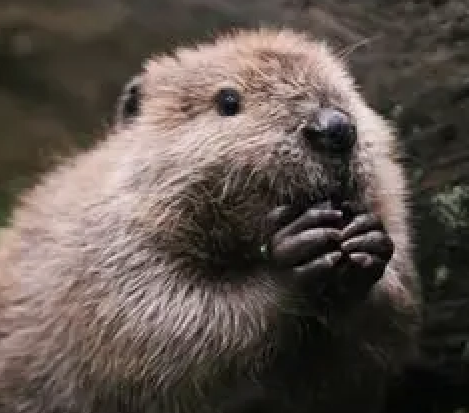The deaths of two bear cubs of a well-known rare white grizzly — known as Bear 178, but nicknamed Nakoda by locals — in Yoho National Park this week has reignited calls for increased awareness and highway safety for those visiting the mountains.
The cubs were struck and killed along the Trans-Canada Highway.
Parks Canada says it received a call about the incident at around 5:15 a.m. on Thursday and staff found the cubs dead when they arrived at the location.
“Wildlife management staff had been monitoring the bears’ movements along the road on June 5, after reports of a fence intrusion,” James Eastham, a communications officer with the agency, said in a written statement.
A day after her cubs were killed, Nakoda was also hit by a car and injured near a turnoff in Yoho National Park. Parks Canada said staff witnessed the collision and have been monitoring Bear 178 since then.
Hate cars. Fuck sake.
deleted by creator
Hate cars.
I think they were regular cars.
Don’t blame the cars for their shitty occupants. There are plenty of other things to blame on vehicles, but this isn’t one. This is shit drivers, shit drive tests, and try fact at after you get your license the whole thing just becomes a pay-to-play subscription. Should be mandatory re-tests every time (or every other time) it needs to be renewed.
Doesn’t matter how good a driver you are if something hops a fence and jumps in front of you in the dark while traveling at high speed.
If you’re traveling through an area where there is the potential for wildlife to yeet itself onto the roard, then chances are there will be signs posted and a reduced speed limit…
This still sounds like shit driving, and as somebody stuck doing pointless commutes to an office and back every day I swear people on the road have gotten significantly worse after the COVID restrictions lightened up.
Reduced speed limit for wildlife hazard? Have you ever driven on a rural highway? High speeds, no overhead lighting through vast stretches of nature, often unfenced.
However, you could make a good point for reduced speed limits in national and provincial parks.
And generally signs pointing out the potential for deer and other animals crossing. Will probably opt to drive like mad at night through them? Probably, but you can’t fix stupid nor should you let them take away the rights and privileges of the less stupid
We need to stop investing in roads already.
It’s harder for animals to dodge random cars than trains with warning whistles.
Trains don’t travel the rails as frequently and the rails are also a shorter distance to have to cross. Places with high train frequency can still implement wildlife passages similar to some located along highways like hwy 69 in Ontario.
This is the best summary I could come up with:
The deaths of two bear cubs of a well-known rare white grizzly — known as Bear 178, but nicknamed Nakoda by locals — in Yoho National Park this week has reignited calls for increased awareness and highway safety for those visiting the mountains.
Parks Canada says it received a call about the incident at around 5:15 a.m. on Thursday and staff found the cubs dead when they arrived at the location.
“Wildlife management staff had been monitoring the bears’ movements along the road on June 5, after reports of a fence intrusion,” James Eastham, a communications officer with the agency, said in a written statement.
“The bears were only spending short periods near the highway and the risk of moving her with her cubs was considered too great.”
A day after her cubs were killed, Nakoda was also hit by a car and injured near a turnoff in Yoho National Park.
If you see wildlife on secondary roads, like the Icefields Parkway, consider not stopping and if you do, stay in your vehicle and move on quickly," the agency said.
The original article contains 504 words, the summary contains 169 words. Saved 66%. I’m a bot and I’m open source!


